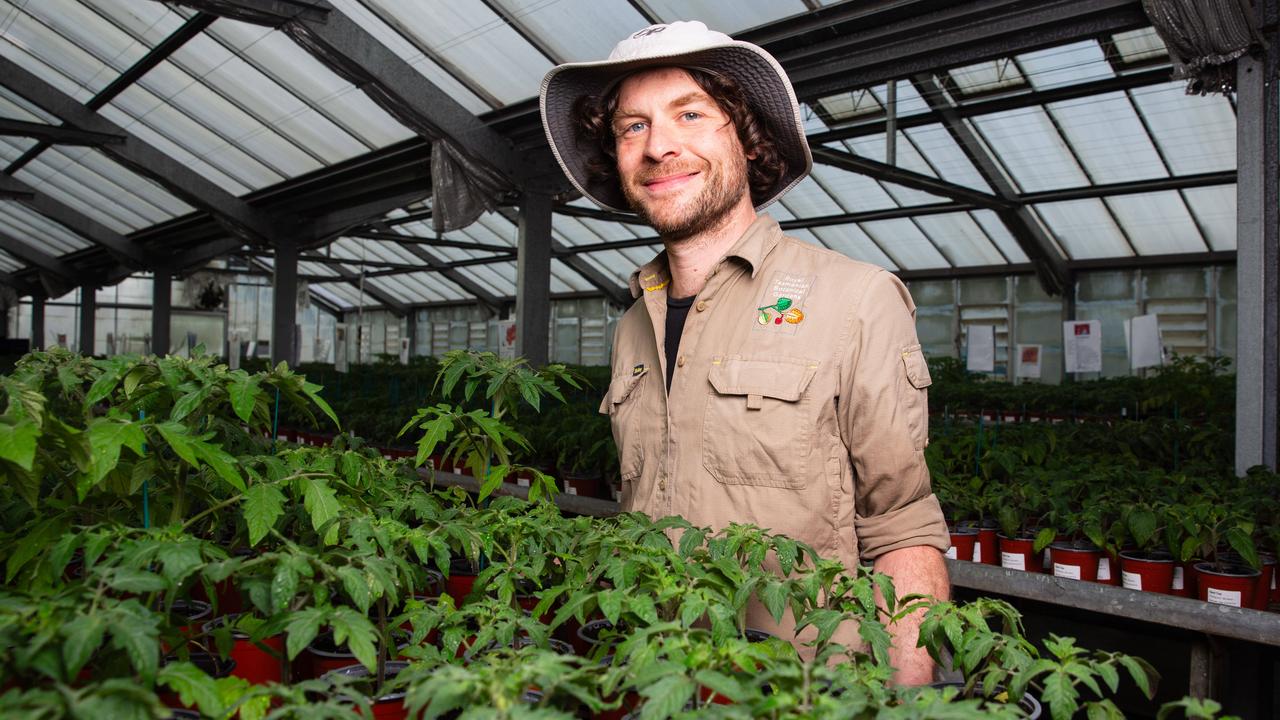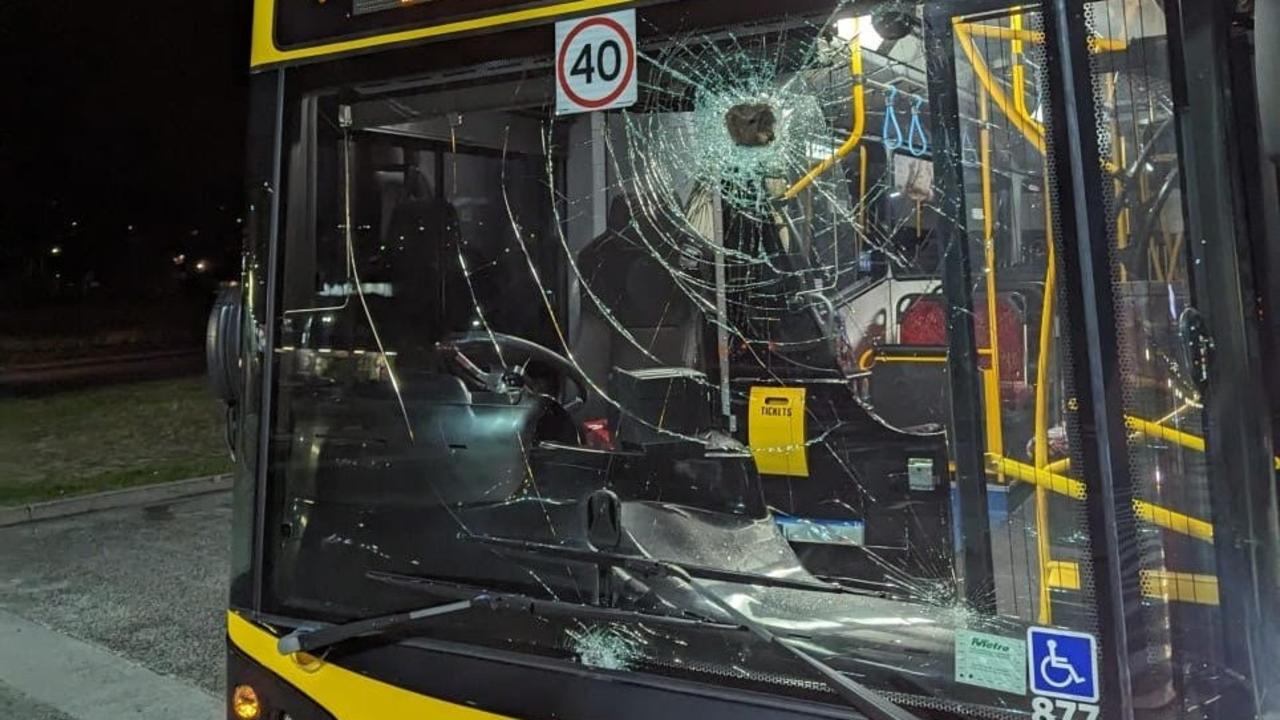‘I let him down’: Father’s sorrow spurs on fundraising campaign for live-saving technology
Ken Fleming lost his son to an aggressive brain cancer six years ago. Now, he’s working tirelessly on a fundraiser he believes will help put the “universe back in sync”.
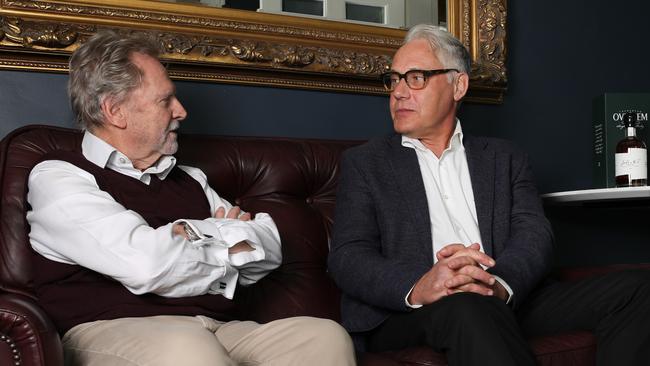
Tasmania
Don't miss out on the headlines from Tasmania. Followed categories will be added to My News.
Six-years after the death of his son Jack from brain cancer, Ken Fleming, still blames himself.
“When you’re a parent, you’re there to look after your children. I didn’t look after my child even though, you know, this disease was bigger than anybody, but I let him down,” Mr Fleming said.
“I told him I’d save his life. He always believed I would, and I didn’t do it.”
Jack was in his second year of university when he was diagnosed with stage four brain cancer in 2016 and he died 22 months later, aged 21.
Glioblastoma multiforme is one of the most common and aggressive brain cancers, killing more children than any other disease and more people under 40 than any other cancer.
The survival rate today for children diagnosed with leukaemia is 87 per cent, but for GBM it is 5 per cent. The average lifespan after diagnosis is just over 12 months. And there have been no improvements in patient outcomes for decades.
Since Jack’s death, Mr Fleming has worked tirelessly with Dr Michael Buckland at Royal Prince Alfred Hospital in Sydney, and is now fundraising $500,000 to establish a molecular testing facility for brain cancer patients.
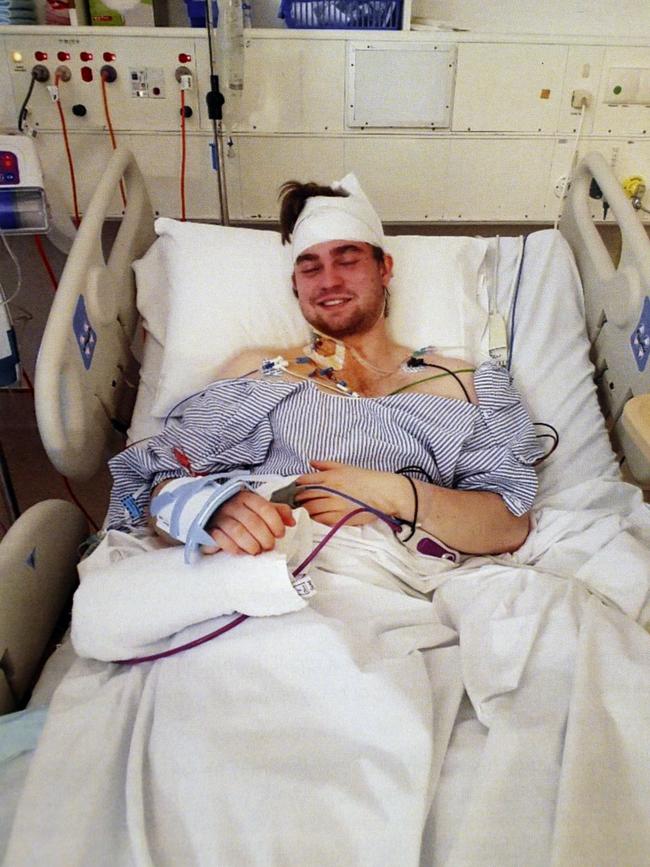
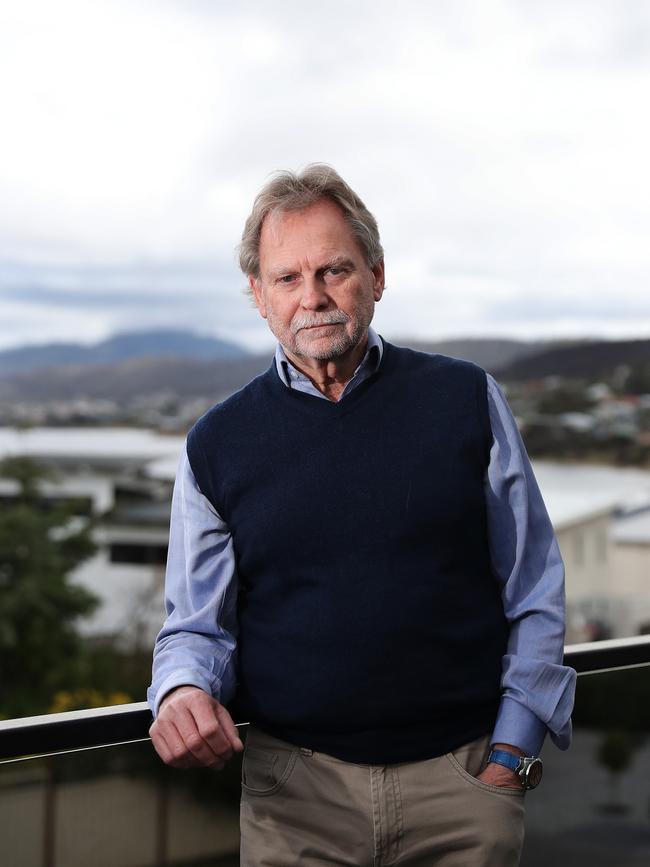
Brain cancers are extremely rare, Dr Buckland says, and Sydney now acts as the central hub for study, diagnosis and treatment of all brain cancers around Australia, a model adopted from Germany.
“Most other tumours will grow as a lump and push the normal tissue aside, whereas the malignant brain cancers, they don’t push the normal brain aside, they just percolate through it,” Dr Buckland said.
“Usually by the time it declares itself, even though your MRI might show a relatively discrete lump in the middle of it, you know that it’s got tendrils all over the place. And the brain is not somewhere where you can just go and lop stuff out willy-nilly.”
The fundraising auction, opened on Friday, is being run by Lloyds Auction house, and features a range of rare whiskeys dedicated to Jack, with hundreds of bottles up for sale.
Dr Buckland said with 2000 brain cancers occurring every year in Australia, they will always present a huge challenge to the medical establishment to understand and treat. And with no public screening for them (“We don’t even know how”) the tumours in patients present at an advanced stage.
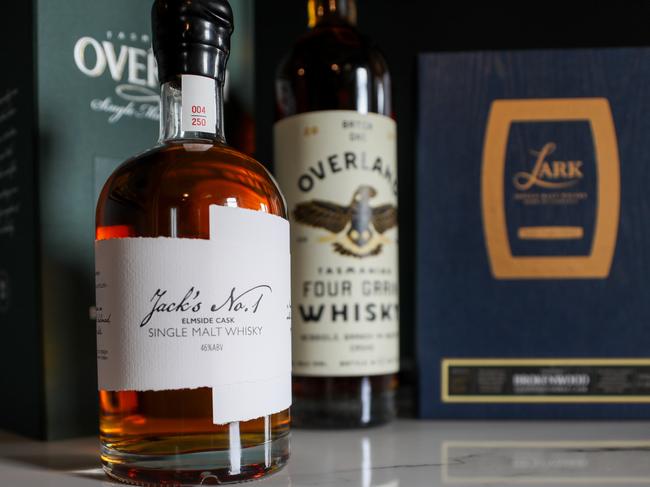
But the molecular testing equipment Mr Fleming is fundraising for is vital in mapping brain cancers and identifying how best to treat them. It provides detailed information on individual tumours so treatment can be initiated quickly, and targeted to individual patients and their unique type of illness.
“When Jack had his tumour diagnosed at the molecular level, it completely, completely reversed everything that we knew about his tumour,” Mr Fleming says.
This is important, because the knowledge of tumours and their subtypes is growing, says Dr Buckland, with the World Health Organisation classification on brain tumours “doubling” when it was last published in 2021.
“Our knowledge is increasing,” Dr Buckland said. “And partly, that’s down to the technology that Ken is fundraising for today.”
Mr Fleming said when Jack was sick he promised his son he would save him.
“So I feel quite aggrieved by that. I feel I need to let go and I can let go if I actually provide funding that potentially can help others. So whether this saves a life or not, I don’t know,” he said.
“I’d like to think it did. So therefore, you know, the universe is back in sync and I can actually start to let go and forgive myself.”
Originally published as ‘I let him down’: Father’s sorrow spurs on fundraising campaign for live-saving technology


